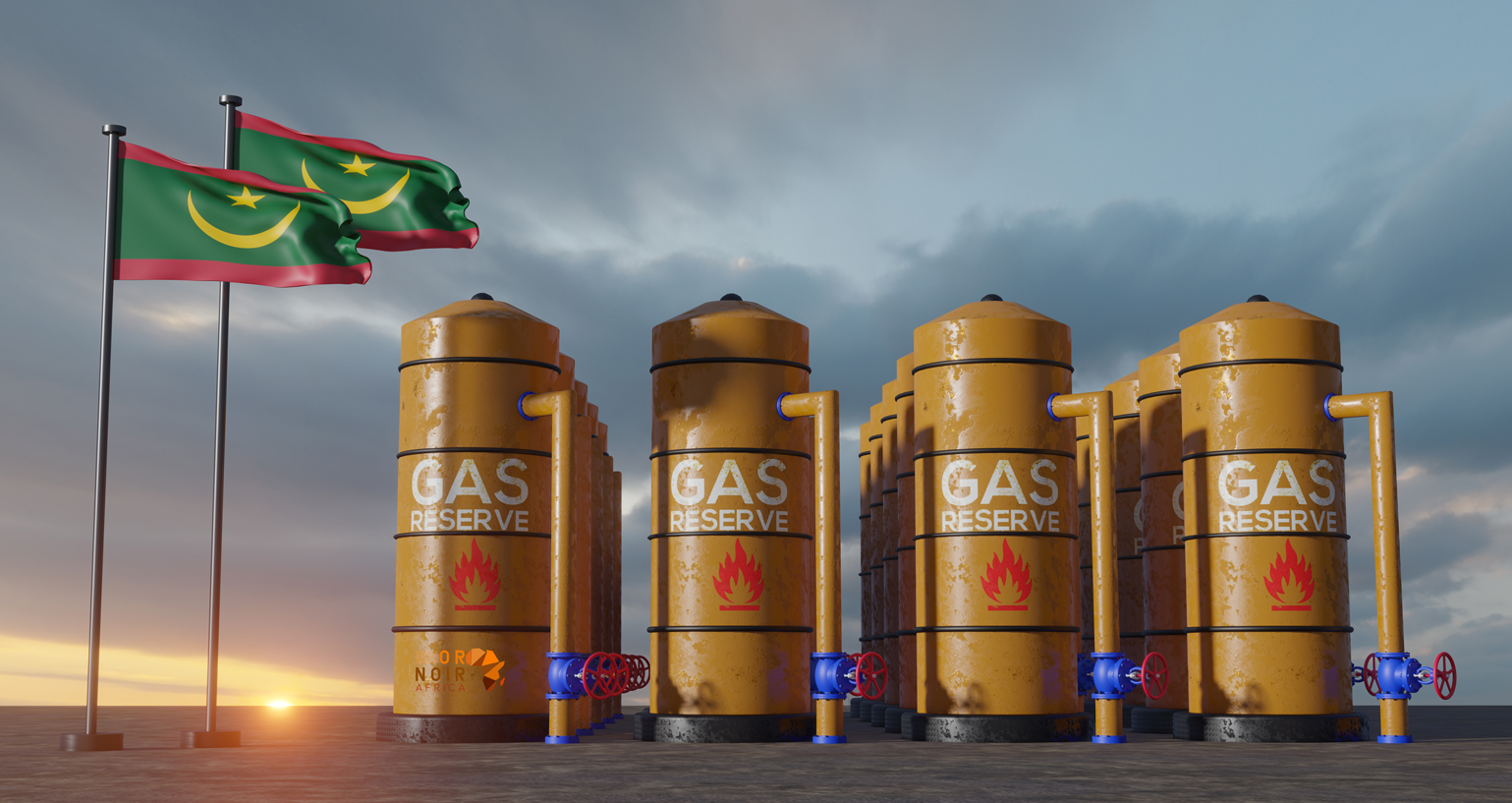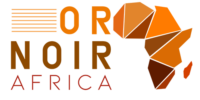ANALYSIS
Mauritania: IMF predicts 14.3% growth in 2025, with the start-up of the GTA gas project.

By 2023, the African Development Bank and the International Monetary Fund had predicted that Senegal would become a growth leader in Africa, mainly thanks to the exploitation of the vast Grand Tortue Ahmeyim (GTA) gas field. However, by 2025, Mauritania is expected to be Africa's new growth champion, with a remarkable record rate of 14.3%.
This exceptional growth in Mauritania is attributable to the gas resources shared with Senegal, notably the GTA located on the maritime border between the two countries. While Senegal, with around 17 million inhabitants, has a larger population to support, Mauritania, with less than 5 million inhabitants over a vast territory of 1,030,700 km², will see a more significant impact on its GDP and GDP per capita thanks to these gas resources. At present, Nouakchott does not stand out in the African rankings, but this situation is set to change rapidly.
For 2024, Mauritania anticipates modest growth of 5.1% according to the IMF, a rate already enviable for many African countries. But it's in 2025 that the economic impact should be most spectacular, with projected growth of 14.3%, mainly due to gas exports, which would then account for 11.6% of the country's total exports.
According to Felix Fischer, head of the IMF's expert mission, quoted by Bloomberg, gas production at the GTA field is scheduled to begin in the first half of 2024, with natural gas exports in the second half. He expects gas production to reach full capacity in 2025.
The GTA project, under the management of global giants BP and Kosmos Energy, is targeting initial production of 2.5 million tonnes of liquefied natural gas (LNG) per year, with plans to increase this to 5 million tonnes per year in 2027 and 10 million tonnes from 2030.
Mauritania is also gearing up to exploit the Bir Allah field, located entirely within its territorial waters and not shared with Senegal. The field's reserves are estimated at 80,000 billion cubic feet, positioning Mauritania as a future gas power comparable to the Gulf monarchies.
This opportunity represents a turning point for the Arab Maghreb Union (AMU), to which Mauritania theoretically belongs. UMA, which has missed out on development opportunities due to internal differences and conflicts, notably between Morocco and Algeria, could have benefited greatly from this resource. Unfortunately, UMA has failed to seize these opportunities, leaving its members to look elsewhere for the means to development that have been right in front of their eyes for decades.
-

 ANALYSIS1 an ago
ANALYSIS1 an agoThe 3 African countries richest in natural resources
-

 NEWS11 month ago
NEWS11 month agoTop 10 des pays africains producteur de l’or : Mali 2-eme, Burkina Faso 3-eme
-

 FOCUS ONA1 an ago
FOCUS ONA1 an agoThe 10 largest oil refineries in Africa
-

 FOCUS ONA11 month ago
FOCUS ONA11 month agoTop 10 oil producers in Africa in 2023
-

 NEWS2 ans ago
NEWS2 ans agoRanking of oil producers: Here are the Top 10 African countries.
-

 NEWS8 month ago
NEWS8 month agoAfrica's 10 largest natural gas production fields.
-

 NEWS2 ans ago
NEWS2 ans agoTop 20 oil producing countries in 2022
-

 NEWS10 month ago
NEWS10 month agoIvory Coast: Eni to deploy a cylindrical FPSO and a converted FSO on the Baleine oil field












